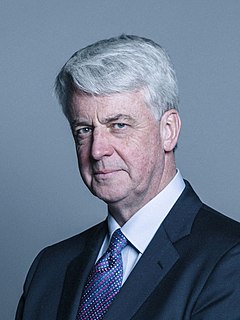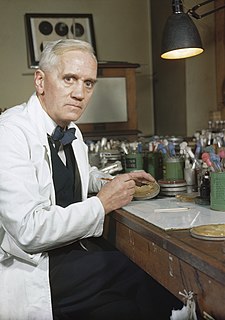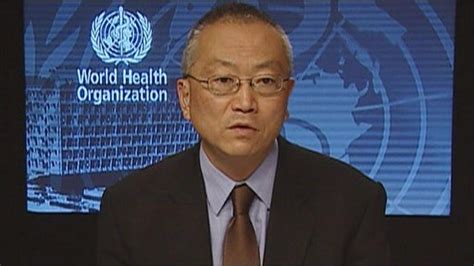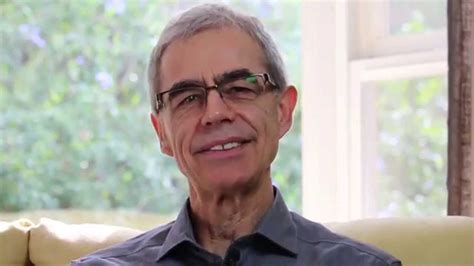A Quote by Tom Frieden
Reducing MRSA infections is critical because these bacteria are difficult to treat and are common in healthcare settings, especially among ICU (intensive care unit) patients.
Related Quotes
Money spent on vegetative patients is money not spent on preventive care, such as flu shots and mammograms. Each night in an ICU bed for such patients is a night that another patient with a genuine prognosis for recovery is denied such high-end care. Every dollar exhausted on patients who will never wake up again is a dollar not devoted to finding a cure for cancer.
A central notion in the Affordable Care Act was we had an inefficient system with a lot of waste that didn't also deliver the kind of quality that was needed that often put health care providers in a box where they wanted to do better for their patients, but financial incentives were skewed the other way... We don't need to reinvent the wheel; you're already figuring out what works to reduce infections in hospitals or help patients with complicated needs.
It has been demonstrated that a species of penicillium produces in culture a very powerful antibacterial substance which affects different bacteria in different degrees. Generally speaking it may be said that the least sensitive bacteria are the Gram-negative bacilli, and the most susceptible are the pyogenic cocci ... In addition to its possible use in the treatment of bacterial infections penicillin is certainly useful... for its power of inhibiting unwanted microbes in bacterial cultures so that penicillin insensitive bacteria can readily be isolated.
When health workers are infected at work, this puts other healthcare workers at risk, but also can be a risk to all other patients, understanding where the breach in these measures is occurring and taking the steps needed to fully implement infection prevention and control measures can put an end to these ... infections.
Nurses have new and expanding roles. They are case managers, helping patients navigate the maze of health care choices and develop plans of care. They are patient educators who focus on preventative care in a multitude of settings outside hospitals. And they are leaders, always identifying ways for their practice to improve. Because nurses have the most direct patient care, they have much influence on serious treatment decisions. It is a very high stakes job. Everyone wants the best nurse for the job, and that equates to the best educated nurse.
The vast majority of people who speak to me say they have had brilliant care. When they are critical, their concern tends not to be directed at the medical side but the ancillary things that surround it, such as helping patients to eat meals, cleanliness, and making sure that when patients have a problem, they are listened to.
There are a very small number of doctors in France that use essential oils and herbs as well as conventional drugs in their treatments and sometimes they will use essential oils intensively, usually because they are treating people with cancer or chronic infections that patients have had for years, and ingested essential oils are a really a great choice for treating chronic infections if you're a doctor.
I am a spiritual person. I'm a Catholic. I treat my patients, the dead patients, as live patients. I believe there is life after death. And I talk to my patients. I talk to them, not loudly but quietly in my heart when I look at them. Before I do an autopsy, I must have a visual contact with the face.

































